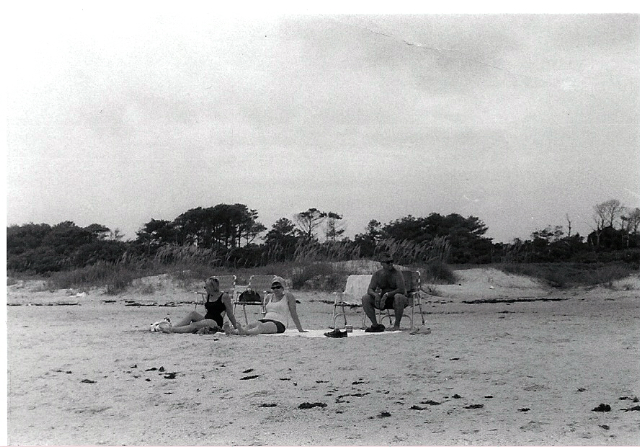
“Weeds are flowers, too, once you get to know them.” -Eeyore
When it comes to life expectancy, Japan takes the top spot, with Switzerland #4, France #10, Canada #11 and the UK at #20. All of these countries have Universal Healthcare, with a few of them also having privatized insurance as an option. The United States, “the greatest nation in the world”, ranks #36 in the world in life expectancy.
The #1 reason for bankruptcy in America is inability to pay medical bills. As of September 2010, there were over 59 million Americans who were uninsured. Roughly 22% of children in Texas have no health care coverage. This is a real problem in the United States, and politics aside, it has to be addressed. It seems more a moral issue than a political issue.
I’ve been hearing quite a bit of rhetoric about the “typical” person who is uninsured. It seems that there are folks who either really do believe, or who for some reason are trying to convince their listeners, that the majority of the uninsured are lazy and/or irresponsible and/or trying to milk the system. They want a handout.
My son is a physician at the hospital in Philadelphia that has the highest number of uninsured patients in the state. I asked him if his patients are lazy people who just want to have the rest of us pay for their care. That is what we hear from politicos and talking heads alike. I wanted to hear the real low down from someone who is actually treating these patients, as opposed to someone who is sitting in a radio station or standing behind a podium. I wanted the word from the front line, so to speak.
The reality that my son faces every day is quite different from the picture that is being painted by those who oppose equal access to healthcare. Yes, there are a few people who would love to grab at any handout they could get. But that is the very small minority. What I hear are stories of people who lost their jobs. People who are trying to work two part time jobs to support their families. People who are doing jobs the rest of us wouldn’t want. They are the folks responsible for us having our dinner brought to our table, for us having clean public restrooms; people who clean up after we leave a concert or a sporting event. They are the person who takes our drive thru order, who carries our new appliances into our homes, who mows our lawn and who delivers pizza to our door. They are the people who can’t afford private health insurance. Blue Cross/Blue Shield runs about $900 a month for two adults. These people cannot pay those premiums, but they earn slightly more than the cut off point for Medicaid. They are the working poor. Some have been laid off from jobs, sometimes after having been employed for years by the same company. Some of them choose putting food on the table for their children over medications to treat their own chronic health conditions. They can’t pay for screening tests like colonoscopies and pap tests and blood sugar screenings and mammograms.
This country has mandatory, universal education. We have public schools, which are funded with a combination of local, state and federal tax dollars. Private schools are available for those who choose them and can afford them. Really, is public healthcare that different a concept?



